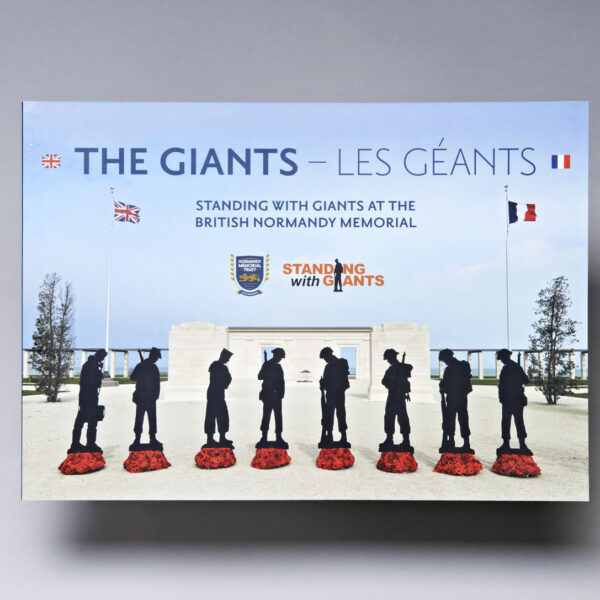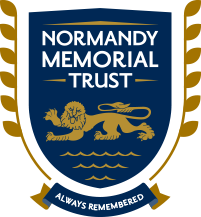04-Jun-2025
D-Day 81: Stories of the Fallen
Since the major milestone anniversary last year, we have continued to uncover new stories of those involved in the Normandy Landings and the Battle of Normandy. As we mark D-Day 81 we share just a few accounts that bring to life the names inscribed on the Memorial.
The full selection of stories is available here.
Edward Atkinson
The multi-national effort
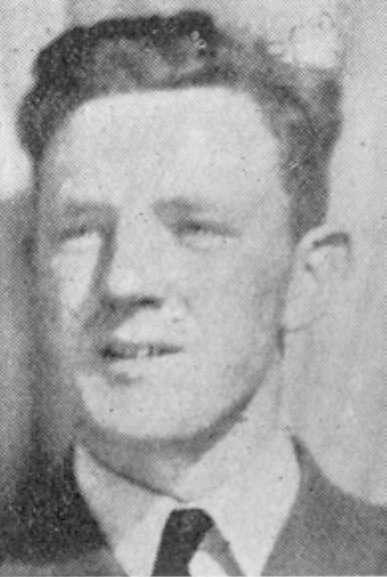
Edward Atkinson was born on 19 July 1921 at Kaponga, New Zealand and went to school at West Central School, New Plymouth. He enjoyed boxing and before he enlisted in the Royal New Zealand Air Force (RNZAF) he was employed by the Residential Construction Co., Kaiwarra, Wellington.
On the 5th June 1944 Edward was the air bomber in a Stirling in 620 Squadron, Royal Air Force, which took off from Fairford carrying paratroopers of 591 (Antrim) Parachute Squadron, Royal Engineers, as part of Operation Tonga (6th Airborne Division’s parachute and glider assault in the early hours of D-Day). But the aircraft failed to return to base, and all members of the crew were reported missing. It was later discovered that one had been captured and made a prisoner of war, another had managed to return to England and three of the paratroopers were safe.
In January 1945 the Air Officer Commanding, No. 38 Group reported that the wreckage of a Stirling bomber had been located in Granges, France and identified as being the aircraft Edward Atkinson had flown in. It was reported that there was little hope of survival for the remaining paratroopers and crew members. Edward Atkinson was presumed to have been killed in action on 6th June 1944.
Edward is buried with his comrades in a collective grave in Ranville Cemetery.
Stanley Gallant
A double love story
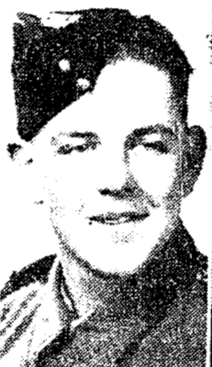
Stanley Fredrick Gallant was born in Canada on 1st January 1922, the son of Joe and Ethel Gallant. Joe was born in Canada and had served with the Canadian Army in the First World War. After arriving in the UK he had met and married Ethel Barnes, who was from Uxbridge, whom he met when convalescing from wounds in the Canadian Convalescent Hospital, Hillingdon House, Uxbridge. After the war, Joe and Ethel returned to Canada where they brought up their four sons. Ethel and her sons returned to the UK to visit in 1936 and the sons took up employment in London.
After the outbreak of war in 1939, Stanley joined the British Army, two of his brothers joined the Canadian Army and their father came back to the UK after joining the Canadian Red Cross. Stanley served with the Dorset Regiment. The Uxbridge and West Drayton Gazette of 24 July 1942 reveals history repeating itself as, just like his father, Stanley met and married a local girl, Margaret Withers of Hillingdon, in 1942.
After just two years of marriage, Margaret would find herself a widow as Stanley was killed on the 6th June 1944, shortly after his unit landed on Gold Beach on D-Day. Stanley Frederick Gallant was first buried at Asnelles-sur-Mer and then reburied on the 15th of November 1944 at the Bayeux British Cemetery where he now lies.
Douglas Gascoigne
The bond of comradeship
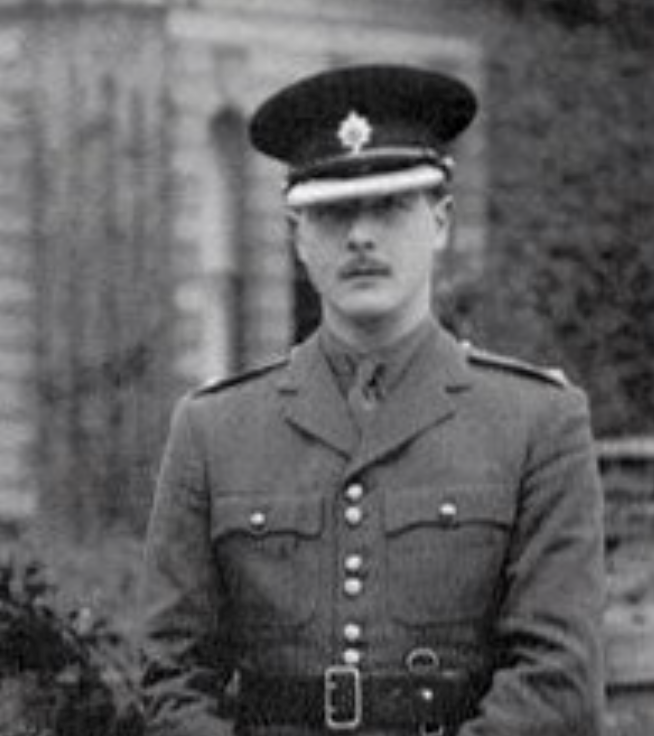
Douglas Wilder Trench Gascoigne was born in Berkshire on the 11th of November 1917, the only son of Sir Alvary Douglas Frederick Trench Gascoigne CMG, British Ambassador to Japan and Moscow and HM Consul General in Tangier during the war, and Sylvia Gascoigne (née Wilder) of Lotherton Hall in Yorkshire.
Douglas had intended to join the diplomatic service, but the outbreak of war interrupted that. He was commissioned and joined the 4th Battalion, Coldstream Guards who landed in Normandy between Arromanches and Courselles from the 20th and the 22nd of July 1944.
Douglas was command of No. 3 Squadron and on the 6th of August 1944 the battalion was involved in an attack on the village of Estry to protect the flank of the Guards Armoured Division. They took heavy casualties and towards dusk a German 88mm gun began firing on the remaining tanks. Douglas and a fellow officer, Anthony Coates, went to locate the German gun but found it was closer than they thought. It fired on them, scoring a direct hit, killing all five members of the crew.
His commander wrote: –
“I shall miss Douglas terribly…. apart from being so fond of him, he was one of the most efficient and capable officers I have ever known and invaluable to me as my second in command.”
A friend wrote: “There is no one in this world whom we shall miss more than Douglas. We counted among the perfect people of this world. His rare and cultivated mind absorbed everything, and all one ever did with him was so worthwhile. He had a perfect sense of fun and real humour, a marvellous insight into character, and summed up everyone exactly, but never was he unkind. His gentleness and thoughtfulness were amazing. One always felt an entire trust in him, and he never failed those privileged to be his friends.”




